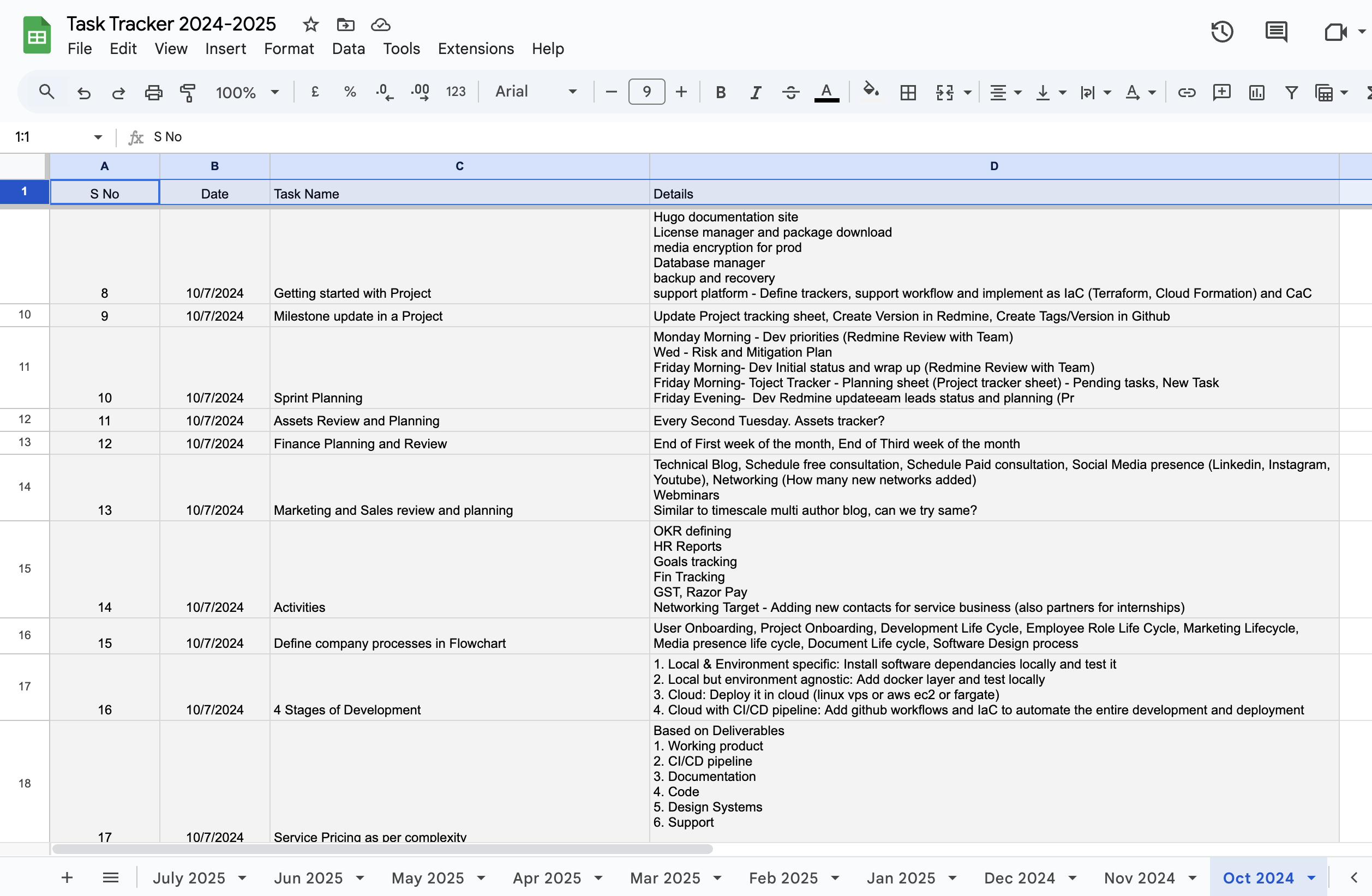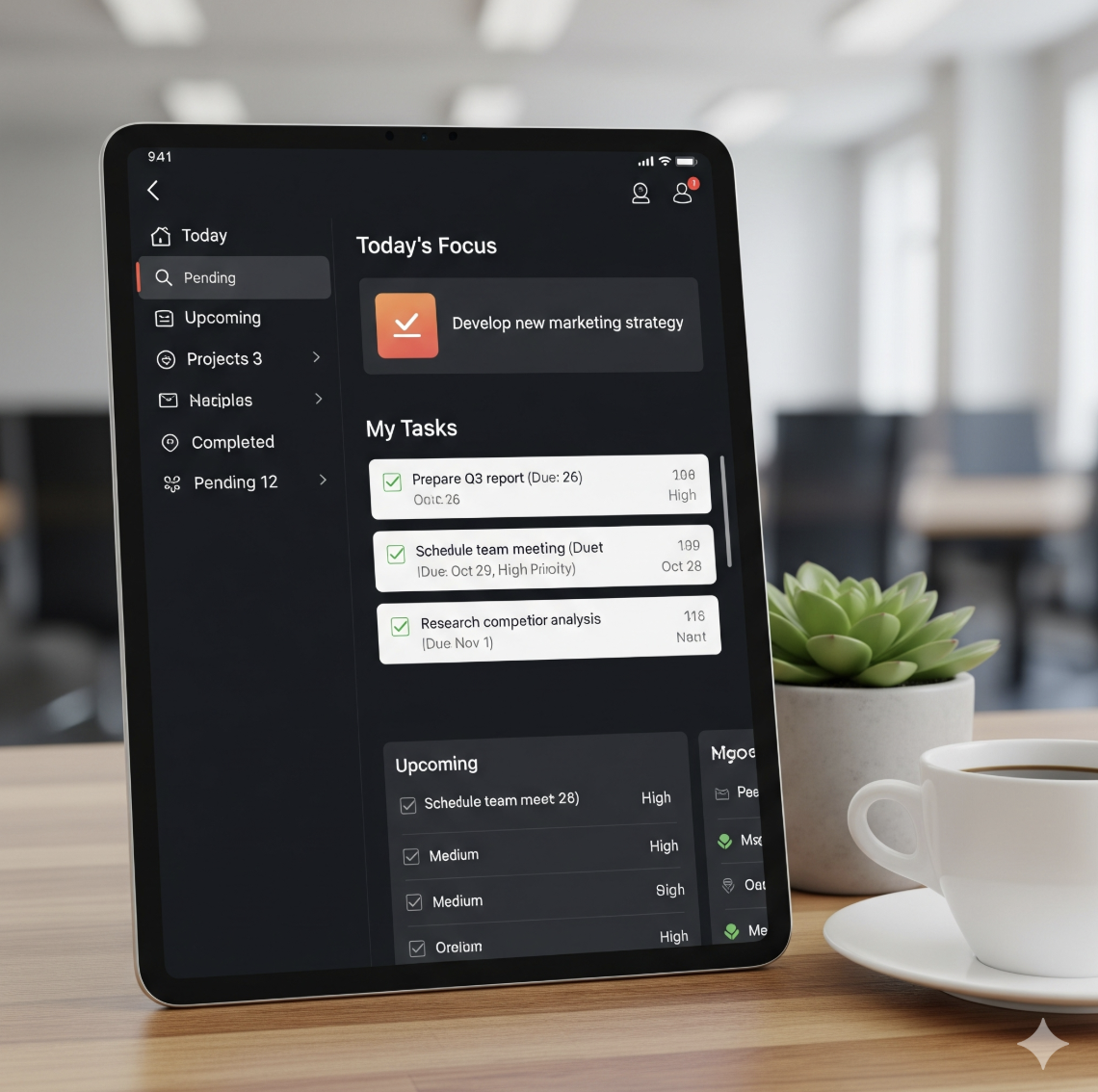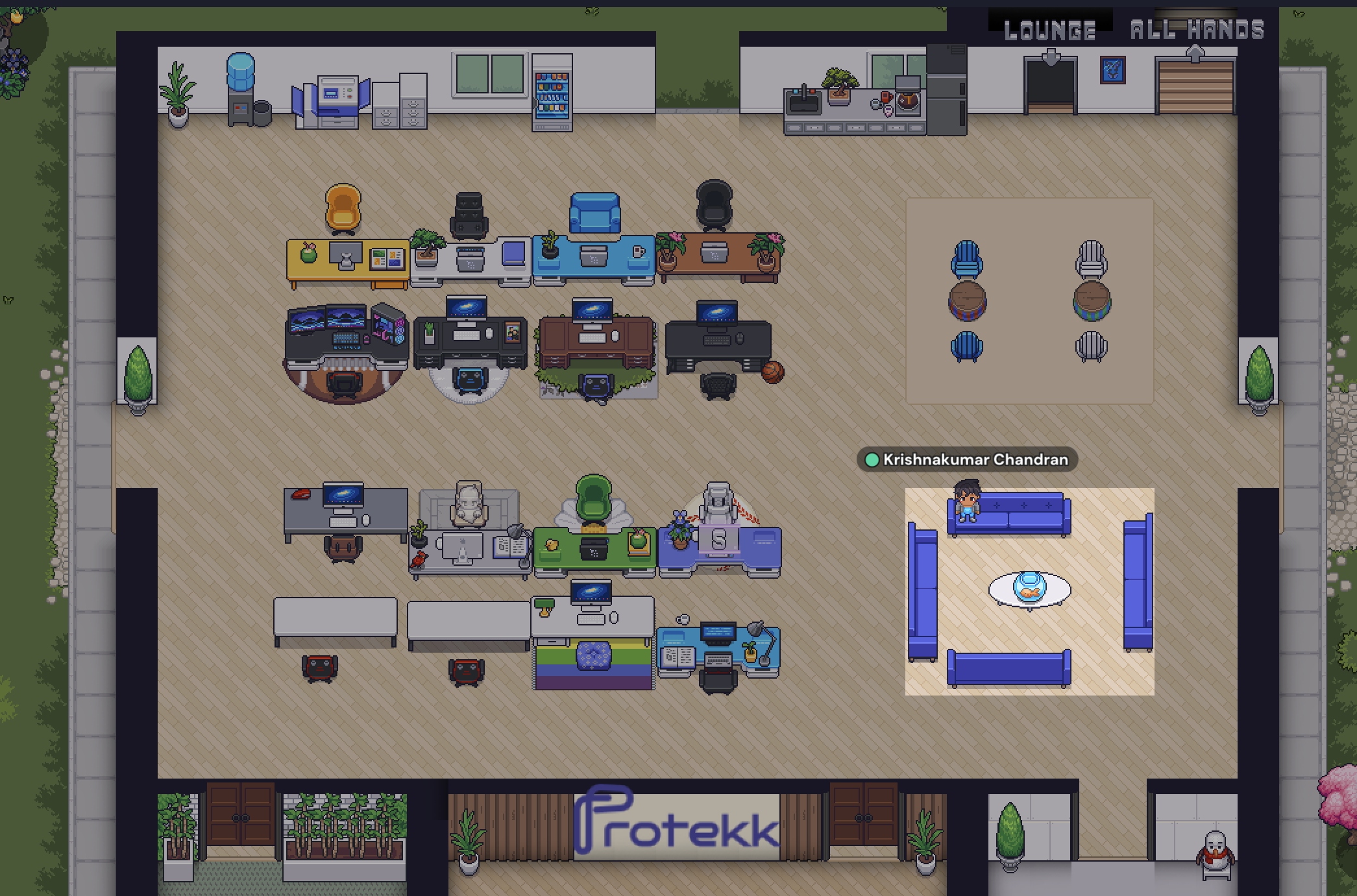Why This Is Your First Step
As a startup founder, your most valuable resource is your time.
Your top priority should be to save time—that means knowing when to build your own tools and when to use existing ones, even if they cost a little.
Keep your tools simple and easy to use.
Founders usually juggle a lot. The simpler your daily workflow, the easier it is to switch between tasks and stay focused.
Thanks for reading Krishnakumar’s Substack! Subscribe for free to receive new posts and support my work.
Note-taking should be a habit
You never know when inspiration strikes—could be while you're on a bus, in a train, or doing something unrelated. That’s why it’s important to always have a note-taking tool handy.
Task Tracker that worked for me:
I’ve been using a simple Google Sheet for over a year, and it’s worked really well.

Here's how I do it:
One Google Sheet per year
One tab per month, named like
August 2025Use basic headers:
S.No,Date,Task,DetailsSet font to Arial, size 9, and apply a background color (e.g. on cells A1:D999) using conditional formatting — makes the sheet more pleasant to use
For each entry, just fill in the serial number, current date, task, and details
Never edit past data — always append. If the same task appears again, it's a new version or an update
Try to add all details in a single cell under "Details". It helps reduce clutter — too many rows make things hard to manage
The "Date" is the entry date, not the due date. Deadlines and extra info go in the "Details"
Avoid adding an "Assignee" column — you may end up switching it often. Just mention names as needed in the "Details" section
Add useful links or bullet points inside the "Details"
Use consistent task types like:
To Do
Interesting Reads
New Ideas
Tutorial
Meeting Minutes with
<person name>
Write down what you saw or the idea you got. Later, when you revisit it, you might find something useful that solves the problem you’re working on.
Why this setup helps:
- Google Sheets is free
- It’s text-based, so easy to search
- Builds a timeline of your tasks and thoughts as you go
What not to do:
- If you're just starting out, don’t jump into Jira, Redmine, Monday.com, etc.
You'll waste time learning the tool instead of actually tracking your work. - Avoid complex color-coding with meanings — it’s hard to maintain and doesn’t scale well for personal use.
This approach kept me productive without overwhelming me. Try it and tweak it to fit your workflow.
If you find it useful, share it with your friends.
Text within this block will maintain its original spacing when published
"When you share a flame, it multiplies"









